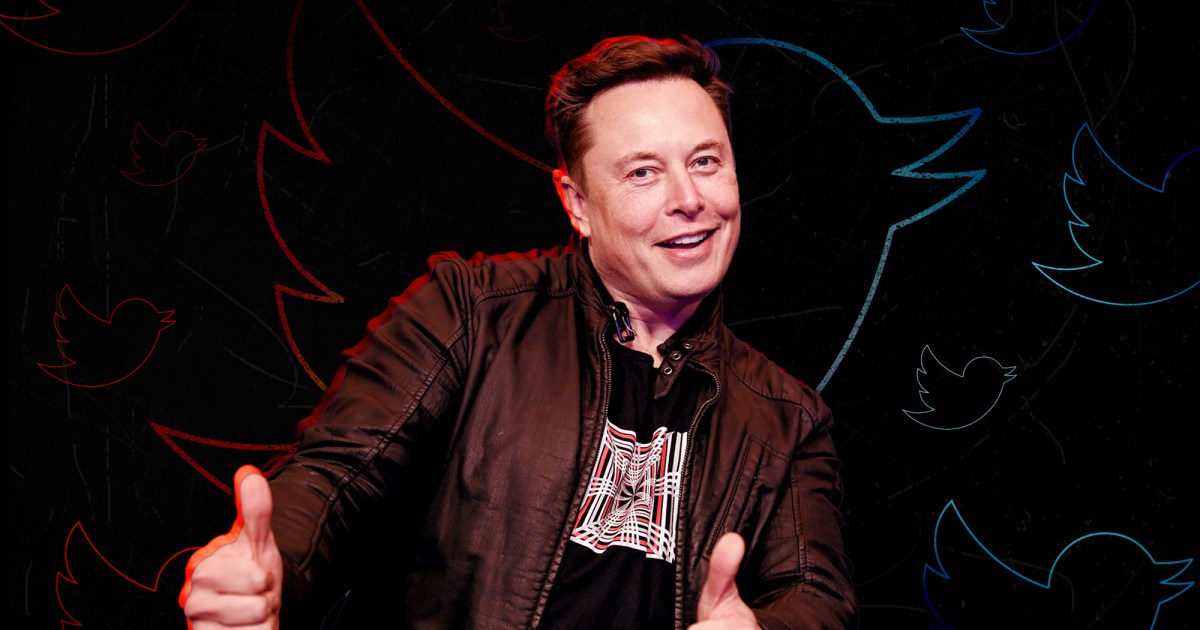The pivotal role of women in this evolution is particularly significant. Their ascent in AI and marketing leadership roles is not just a milestone for gender equality; it represents a convergence of diverse perspectives and skills that are vital for brands today. Women’s natural propensity for empathy, relationship-building, and strategic creativity positions them to leverage AI effectively, enhancing brand stories and personalization.
- Published On Feb 26, 2024 at 08:32 AM IST
Join the community of 2M+ industry professionals
Subscribe to our newsletter to get latest insights & analysis.
Download ETBrandEquity App
- Get Realtime updates
- Save your favourite articles
![]()
![]()
Scan to download App






